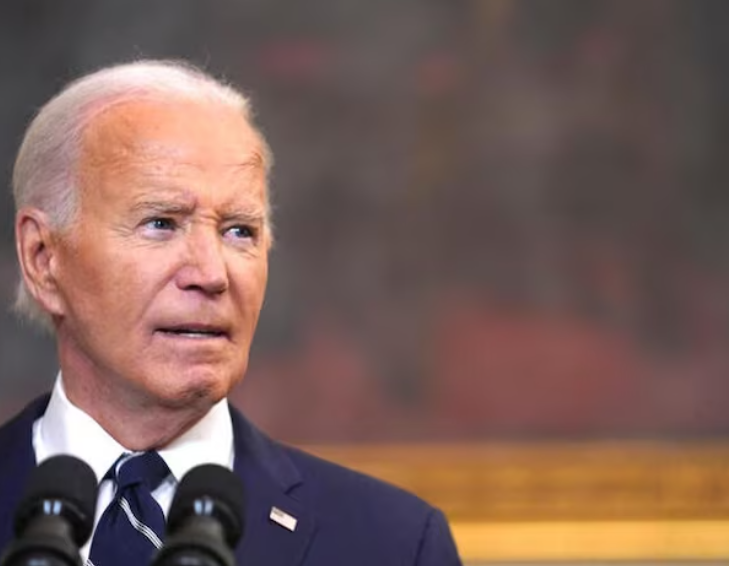On Friday, a federal appeals court extended an order that blocks the Biden administration from further implementing its student debt relief plan, which aims to reduce monthly payments for millions of borrowers and expedite loan forgiveness for some. The 8th U.S. Circuit Court of Appeals, based in St. Louis, granted an injunction pending appeal, siding with seven Republican-led states that argued a lower-court order did not go far enough in halting the U.S. Department of Education’s plan.
U.S. Secretary of Education Miguel Cardona expressed strong disagreement with the court’s decision, warning that if the ruling stands, millions of borrowers will be forced to pay hundreds of dollars more each month. The court had previously issued an order on July 18, at the urging of these states, that temporarily blocked parts of the administration’s Saving on a Valuable Education (SAVE) Plan, which a Missouri judge had not already enjoined.
Friday’s order was prospective, meaning it does not affect loans that have already been forgiven. The three-judge panel, consisting of Raymond Gruender, Ralph Erickson, and L. Steven Grasz—each appointed by Republican presidents—ruled that the states “cannot turn back the clock” on these forgiven loans.
Missouri Attorney General Andrew Bailey, a Republican, celebrated the ruling on social media, calling it a “massive win” for Americans who “won’t be saddled with someone else’s Ivy League debt.” Missouri led the lawsuit filed by Republican-led states in April, arguing that the Biden administration had exceeded its legal authority by enacting the student debt relief plan.
The Biden administration’s plan, which offers more generous terms than previous income-based repayment plans, lowers monthly payments for eligible borrowers and allows those with original principal balances of $12,000 or less to have their debt forgiven after 10 years. The administration opposed the states’ request for an injunction, arguing it would lead to higher monthly payments for millions and halt debt forgiveness under regulations not challenged at the trial court level.
In June, U.S. District Judge John Ross in St. Louis had already blocked the administration from continuing to provide debt forgiveness for certain smaller loans in as few as 10 years, compared to the 20- or 25-year timelines of earlier rules. This litigation over the SAVE Plan follows earlier challenges by Republican-led states to a broader $430 billion program promoted by Biden, which aimed to cancel up to $20,000 in debt for up to 43 million Americans. The U.S. Supreme Court, with a conservative majority, ultimately blocked that plan in June 2023.
The SAVE Plan, which was set to fully take effect on July 1, has already been partially implemented. The White House estimates that over 20 million borrowers could benefit from the plan, with 8 million already enrolled, including 4.5 million whose monthly payments have been reduced to $0. The Education Department reported on Thursday that it had granted $5.5 billion in relief to 414,000 borrowers through the SAVE Plan.
While the Biden administration estimates the plan will cost taxpayers around $156 billion over 10 years, Republican state attorneys general argue the actual cost is closer to $475 billion. Another federal judge in Kansas had also blocked parts of the SAVE Plan, but the 10th U.S. Circuit Court of Appeals in Denver put part of that decision on hold. A group of Republican-led states has since asked the U.S. Supreme Court to reinstate the injunction.

